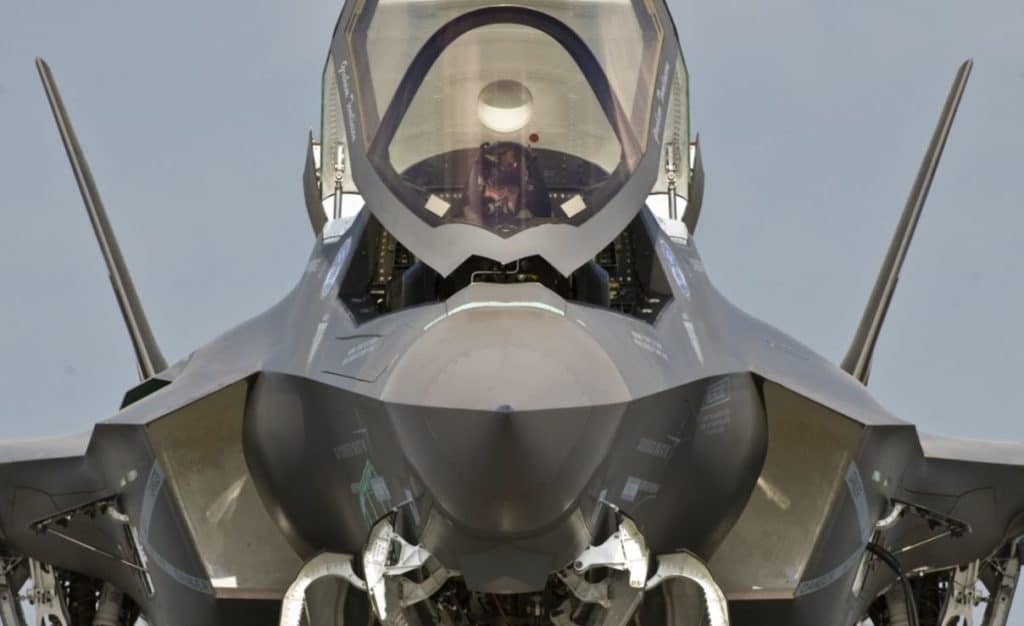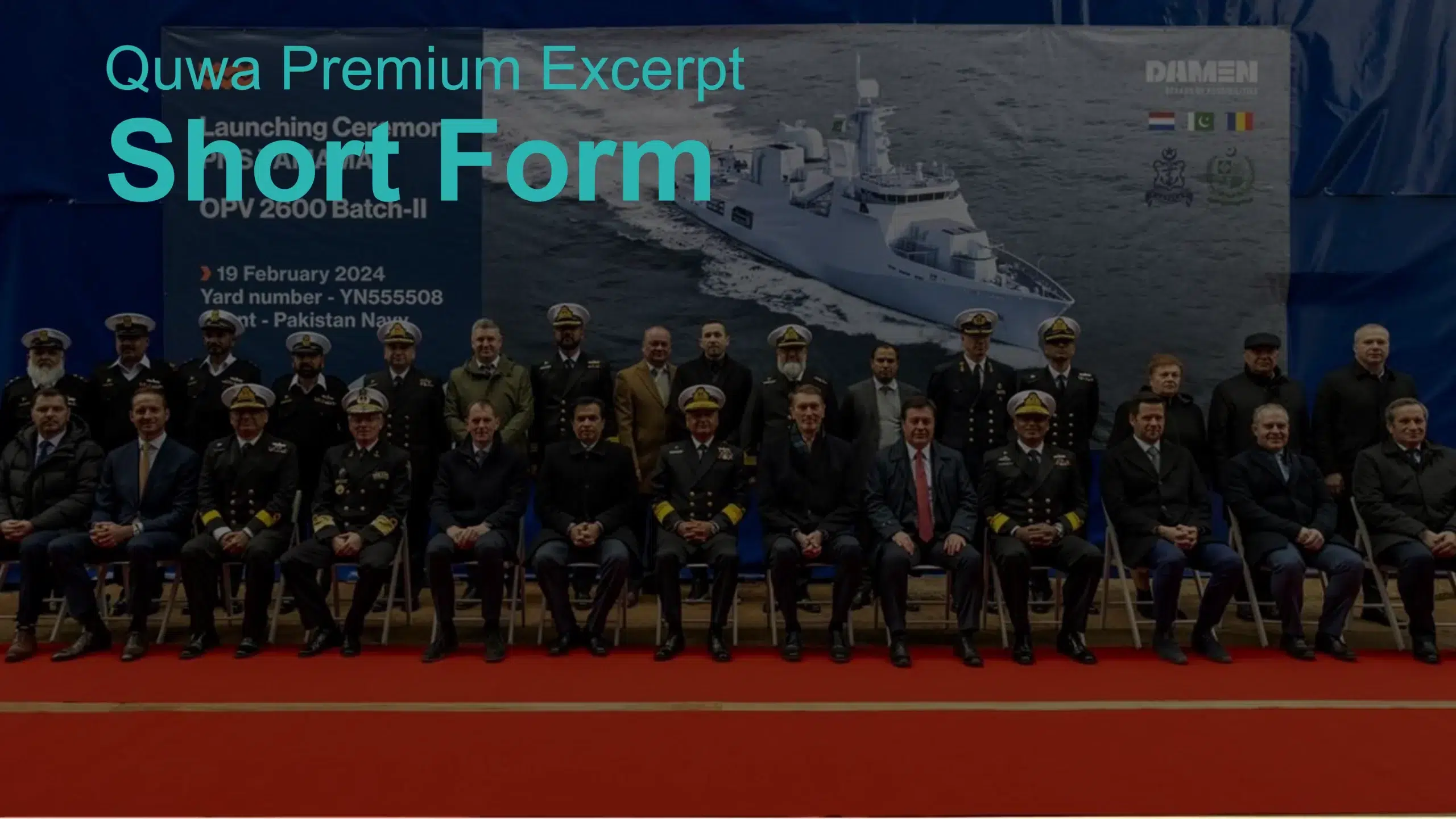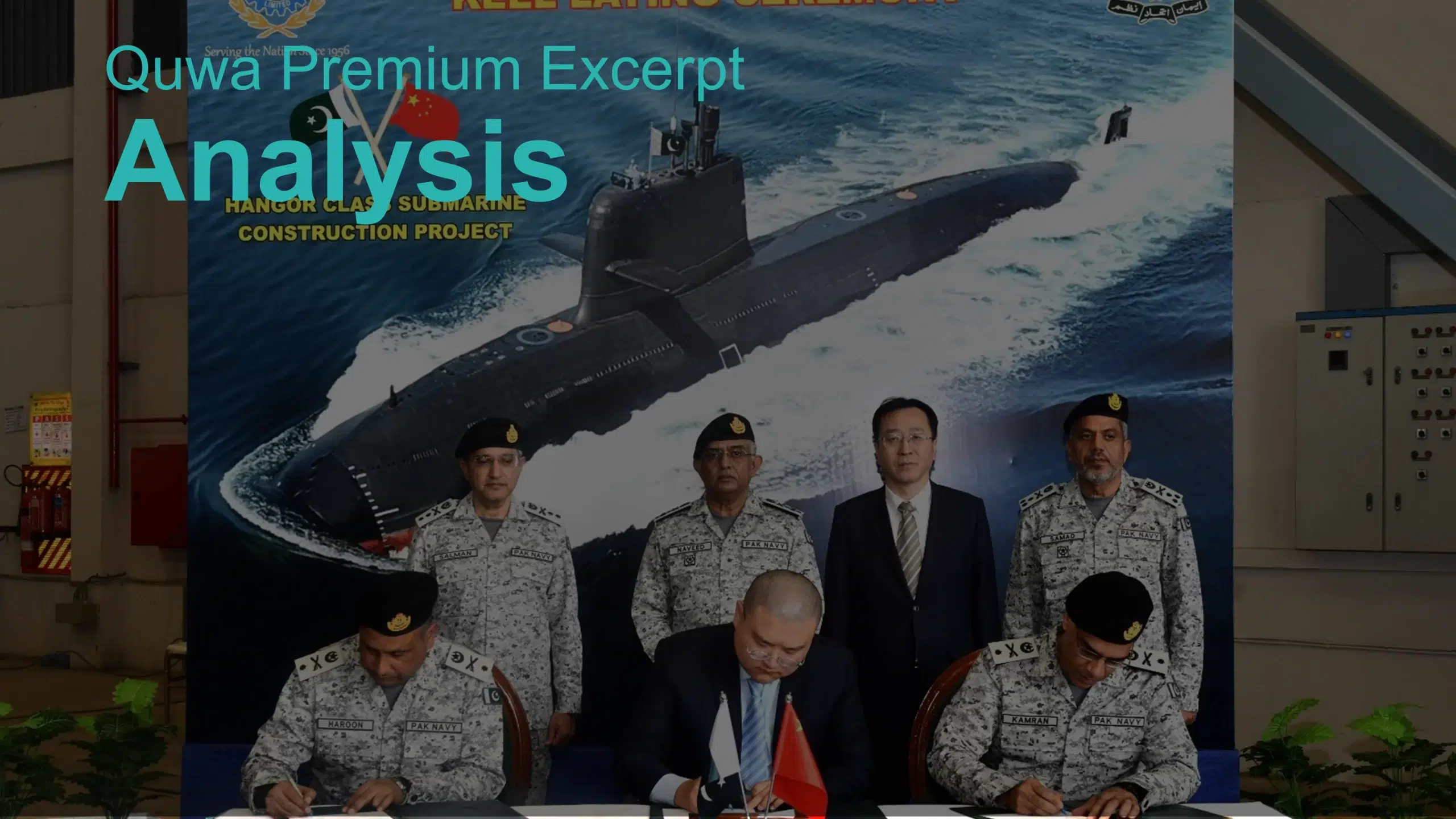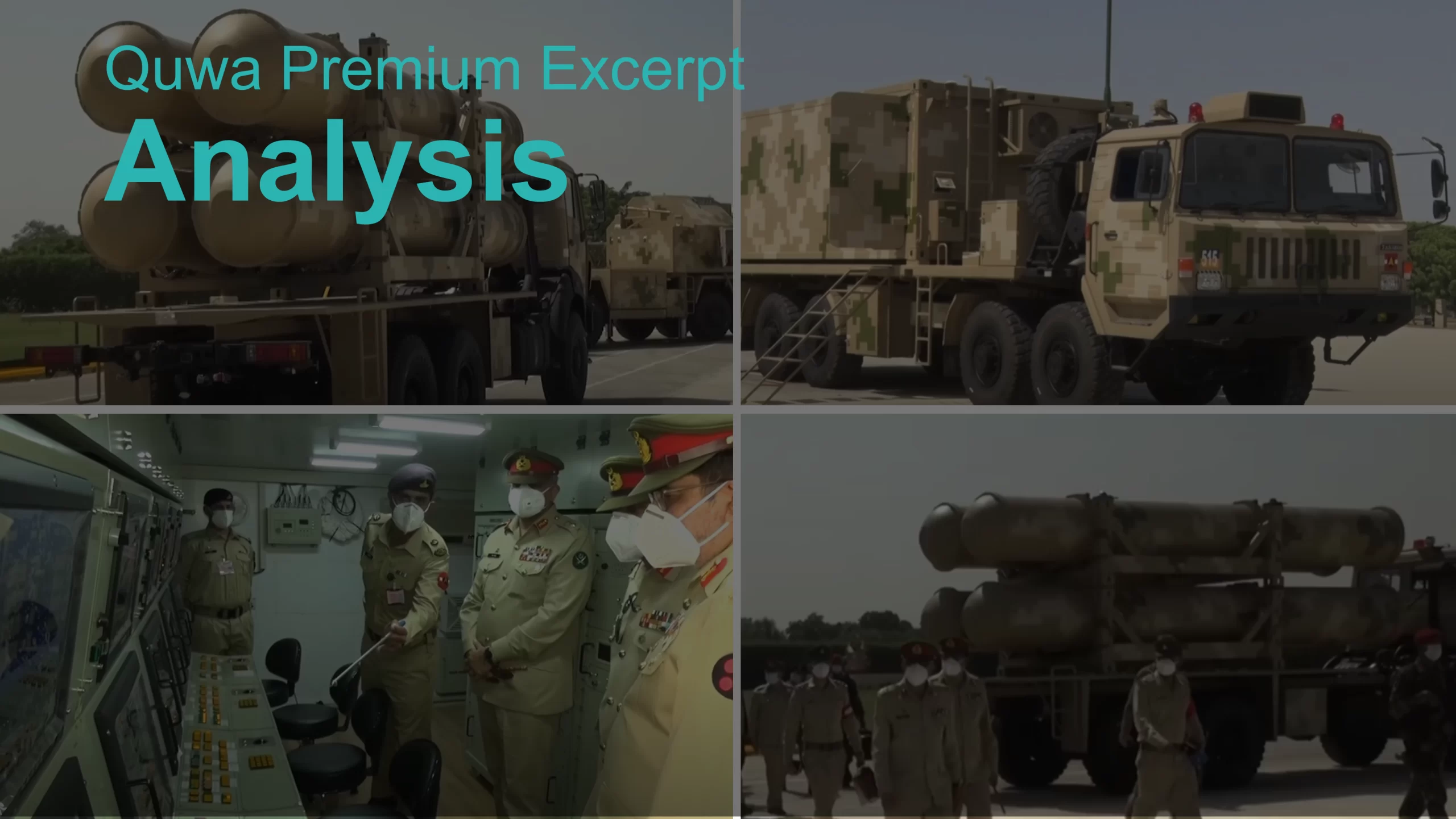Turkey’s Undersecretariat for Defence Industries (SSM) has invited bids for enabling the Turkish Air Force’s F-35 Lightning II fleet to connect with the Turkish Air Force Information System (HVBS).
Designated by the SSM as the HVBS-JSF Integration Project, the objective is to ensure that HVBS and F-35 securely exchange information. The formal request-for-proposals (RFP) will be available from the SSM from January 12, with industry submissions due to the SSM by February 28, 2018.
Turkey is a Level 3 Partner in the Joint Strike Fighter (JSF) program, which resulted in the Lockheed Martin F-35 Lightning II. In tandem with its investment in the program and decision to procure the F-35, Turkey’s defence and aerospace industry is a supplier for the program.
According to Lockheed Martin, Turkish Aerospace Industries (TAI) along with private companies Kale Aerospace and Alp Aviation contribute to the F-35’s aerostructure with sub-assemblies manufacturing. Alp Aviation also manufactures 100+ parts for the Pratt & Whitney F135 turbofan engine, including the titanium blade rotors. Aselsan is supplying parts for the F-35’s electro-optical targeting system, while the munitions maker Roketsan is producing its Stand-off Missile (SOM) cruise missile. Turkey will also provide maintenance, repair and overhaul (MRO) services for the F135 along with licensed engine production.
Turkey announced its initial F-35 orders in January of last year, with the SSM head Ismail Demir reportedly stating that the first batch will be delivered in 2019. Currently, two tranches are on order: 10 from 2014 and 24 ordered in 2016, with the latter set due starting from 2021 or 2022.
The F-35 is slated to be the Turkish Air Force’s next-generation mainstay strike aircraft, supplanting the F-4 Phantom II in the role. Roketsan’s SOM-J cruise missile will be among the Turkish F-35’s primary stand-off range weapons, enabling it to engage targets on land and at sea.
In November 2017, U.S. Air Force (USAF) deputy undersecretary Heidi Grant had hinted that the Turkish F-35 program could be re-evaluated in light of Ankara’s recent purchase of Almaz-Antey S-400 long-range air defence systems. However, it is unclear if Ankara will receive a penalty for the purchase, it could be a case of the USAF pushing to guarantee that the F-35 is secured from any and all third-party exposure.
In parallel to the F-35, Turkey is pursuing the Milli Muharebe Uçağı (National Combat Aircraft) program – i.e. the TF-X. The twin-engine multi-role fighter is envisaged to replace the Turkish Air Force’s F-16s from the 2020s. TAI contracted BAE Systems to provide engineering and technical support for the TF-X.




